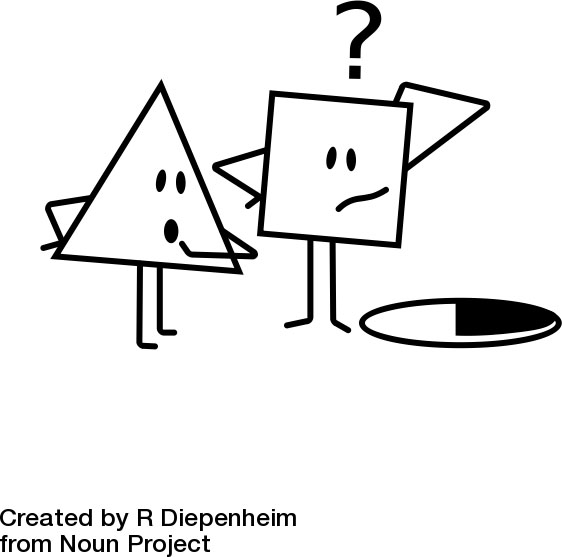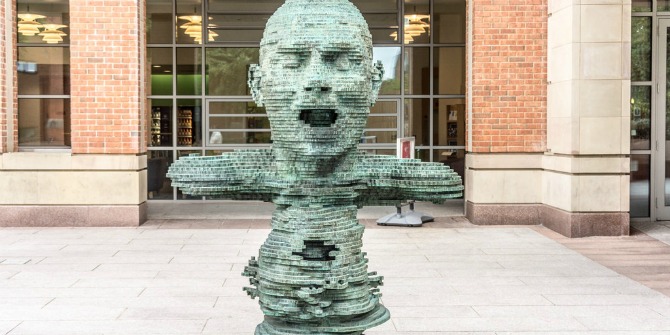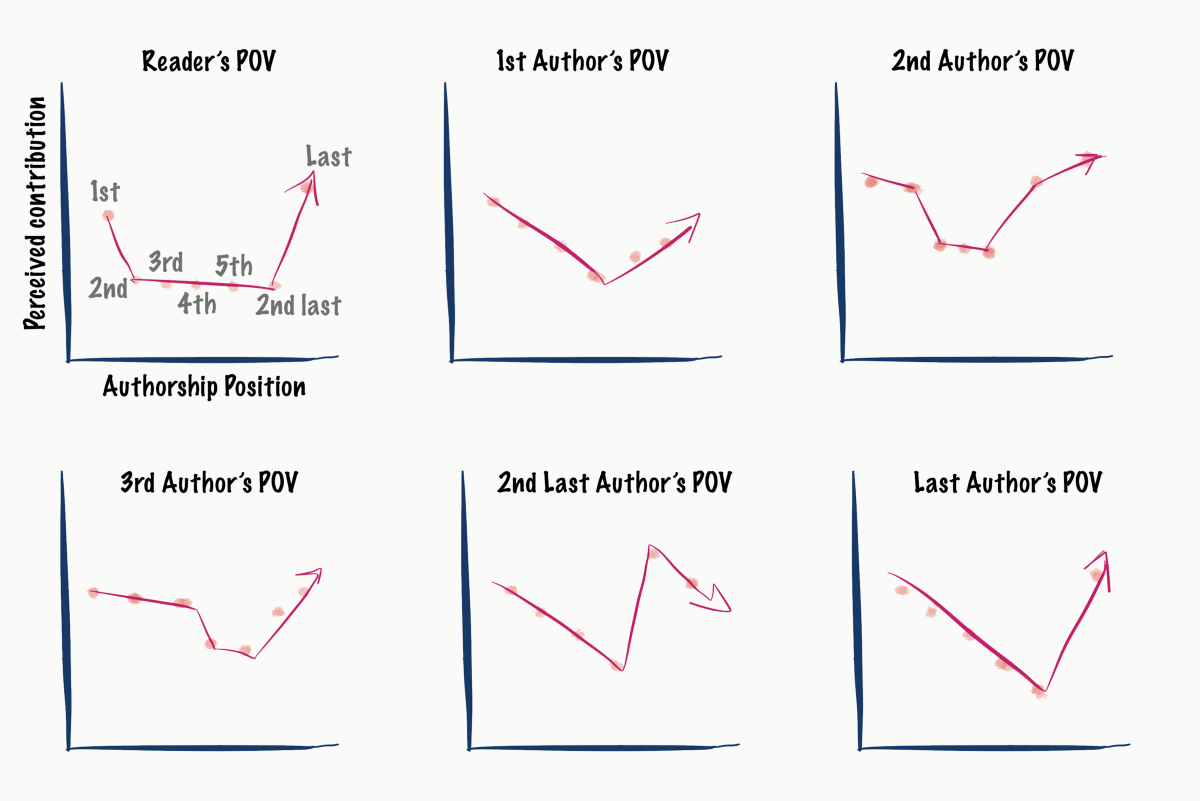Send us a link
Percentage-Based Author Contribution Index
An easy to apply, universally comparable and fair metric to measure and report co-authors contribution in the scientific literature.
Metrics: Human-Made, but Humane?
Metrics are notoriously inappropriate for evaluating humanistic scholarship. HumetricsHSS is an initiative to embed metrics with humanistic values.

Scholia: Wikidata Scholarly Profile
Scholarly profile pages constructed from queries to information in Wikidata.
The Unexpected Reason Researchers Choose Open Access
Open-access publishing held to the same standards as paid subscription journals.
Top Chinese University to Consider Social-Media Posts in Researcher Evaluations
Who's the Most Influential Biomedical Scientist? Computer Program Guided by Artificial Intelligence Says It Knows
The Emergence of a Field: A Network Analysis of Research on Peer Review
The Emergence of a Field: A Network Analysis of Research on Peer Review
This article provides a quantitative analysis of peer review as an emerging field of research by revealing patterns and connections between authors, fields and journals from 1950 to 2016.

The Role of Ego in Academic Profile Services
Comparing Google Scholar, ResearchGate, Mendeley, and ResearcherID.

Are Predatory Journals Undermining the Credibility of Science?
A bibliometric analysis of citers.

Do ResearchGate Scores Create Ghost Academic Reputations?
The academic social network site ResearchGate (RG) has its own indicator, RG Score, for its members. The high profile nature of the site means that the RG Score may be used for recruitment, promotion

Chatter Makes Popular Metric Unreliable
An analysis of a popular reputation metric concludes it relies too heavily on social interaction.
Are Predatory Journals Undermining the Credibility of Science? A Bibliometric Analysis of Citers
Putting Data Before the Carrot
Self-citations and academic assessments: Including the s-index as an additional metric thus provides important context to guide decisions based on academic value.
The Case for Tracking Self-Citations
As the h-index becomes the standard for measuring researcher impact, the risk for gaming the system grows.
The R-factor, a New Way to Rate Journal Articles?
New metric measures how reliable scientific claims turn out to be – but calculating it could be an enormous task.

Prevalence and Citation Advantage of Gold Open Access in the Subject Areas of the Scopus Database
Prevalence and Citation Advantage of Gold Open Access in the Subject Areas of the Scopus Database
No generalizable gold OA citation advantage at journal level.
Exploring Characteristics of Highly Cited Authors According to Citation Location and Content
Exploring Characteristics of Highly Cited Authors According to Citation Location and Content
Big Science and cross‐disciplinary collaborations have reshaped the intellectual structure of research areas. A number of works have tried to uncover this hidden intellectual structure.

Multidisciplinary Science – Multiple Authors?
Bibliometrics for the 20 highest performing authors in Multidisciplinary Science.
Scientific Journals: Rename the Impact Factor
Rather than repealing or replacing the impact factor, its producers should rename it to reflect its intended function more accurately.
Challenge the Impact Factor
When comparing journals using citation-based metrics, the percentage of highly cited papers is more informative than the average number of citations.



